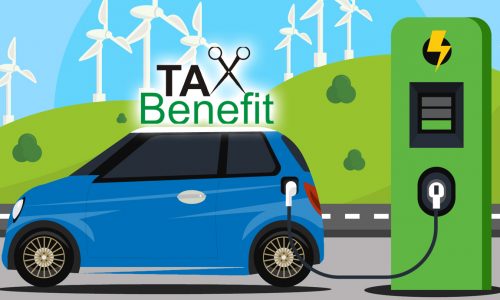The Financial Services Authority (OJK) aims to launch carbon exchange trading in Indonesia by September 2023. To achieve this target, OJK Board Commissioners Chairman Mahendra Siregar said that the financial watchdog plans to issue an OJK regulation (POJK) on carbon exchanges next month.
Furthermore, Mahendra explained that the initial plan for launching carbon exchange trading is to use results recognized as part of the result-based payment (RBP), which includes 100 million CO2. OJK also plans to connect the national registration system at the Environment and Forestry (LHK) Ministry with the carbon exchange information system.
Currently, the Environment Ministry is finalizing the RBP, while the OJK is preparing for all devices, national registration system, emission reduction certifications, and authorization in parallel.
In addition, the Environment Ministry is also currently drafting a ministerial regulation on carbon in the forestry sector and a protocol for overseas carbon trading through investment cooperation to achieve Indonesia’s Nationally Determined Contribution (NDC) targets and other special objectives.
Assessing stakeholder readiness for Indonesia’s carbon exchange
Carbon trading is a market-based mechanism that aims to reduce greenhouse gas emissions by buying and selling certificates of carbon ownership set out in one ton of CO2. The carbon units sold can only be counted as greenhouse gas emission reduction achievements by the buyer, and double counting and double claiming are not allowed.
The government aims to launch the carbon exchange in conjunction with the enhancement of the National Registry System (SRN) and the Carbon House of Indonesia’s National Focal Point United Nations Framework on Climate Change Conference (NFP-UNFCCC) in June. In addition, the government has also scheduled the development and improvement of the SRN’s main facilitation for the same month.
The development of the Standard Operating Procedure (SOP) for Indonesian Carbon Trading, which will be integrated into the SRN-Carbon registry-Carbon Stock Exchange system, is currently in progress. The SOP will provide guidance to those implementing climate change mitigation and adaptation actions, encouraging their commitment to achieving Indonesia’s NDC target and preparing them for carbon trading.
The Indonesian Climate Change Control and Carbon Trading hub is being established as an information service center, guidance resource, operationalization site for SRN, carbon credit mapping center, and a means to ensure that Indonesia’s NDC target is met and that tradable carbon credits are available.
The Indonesia Stock Exchange (IDX) has appointed a consultant to conduct a study on carbon trading in other countries, including from the supply and demand side. IDX is also preparing its existing system for carbon trading through the Indonesian Securities Guarantee Clearing and Central Securities Depository (KPEI-KSEI), either integrated or separate, in the stock exchange.
The Indonesia Commodity Derivatives Exchange (ICDX) has also expressed its readiness to be the organiser of carbon trading in Indonesia.
However, when benchmarked against other countries, commodity exchanges are typically the primary organisers of carbon trading. For example, in the US, the Commodity Future Trading Commission (CFTC) oversees carbon trading. Meanwhile, President Joko “Jokowi” Widodo recently announced that carbon trading in Indonesia would be conducted through the Indonesia Stock Exchange.








